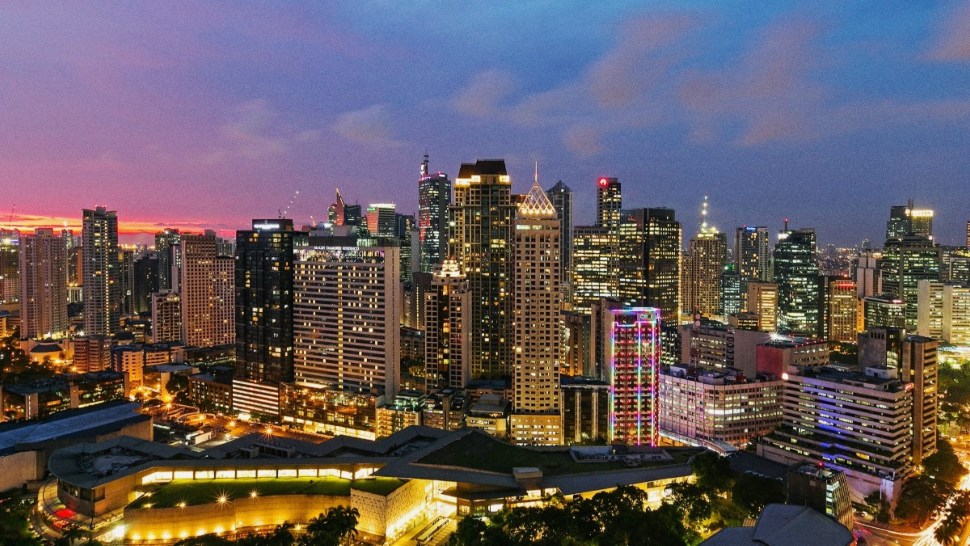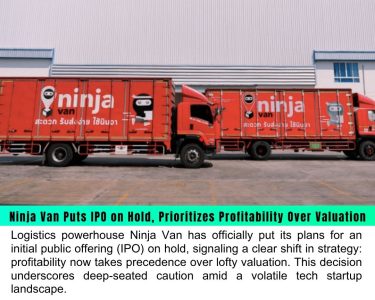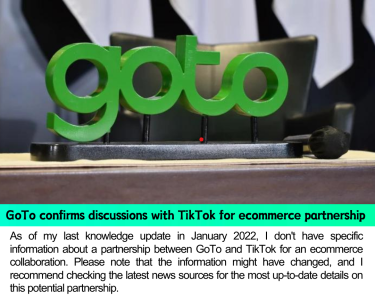
The Philippines’ startup ecosystem is poised for significant growth, fueled by the country’s rising GDP, rapid adoption of online services, and a new wave of innovative founders. Kaya Founders, led by seasoned tech and investment professionals, aims to support the most promising startups right from their inception. Today, the venture firm announced the successful closure of $12 million in funding across two new funds, bringing its total committed capital to $16.5 million, with a target of $25 million. The Gokongwei family led the latest funding round.
Established in 2021 by former Zalora Philippines CEO Paulo Campos, Summit Media president Lisa Gokongwei-Cheng, and Locad CEO Constantin Robertz, Kaya (meaning “can do” in Tagalog) has already made a mark as prolific angel investors. They have backed successful startups like Good Glamm Group, Kumu, Dali, and Edamama.
Kaya currently boasts a portfolio of 32 companies, including Etaily, an e-commerce enabler; Advance, an on-demand wage startup; Kindred, an online clinic; and Peddlr, an MSME point-of-sale app. Kaya’s investment approach involves its Zero to One fund, which focuses on pre-seed companies, often at the early stages of market entry, and its to Ten Fund, which invests in more established companies, ranging from seed to Series A, that have already achieved product-market fit and are on the path to profitability.
Zero to One provides investment checks ranging from $150,000 to $250,000 for 20 to 30 pre-seed startups, while One to Ten offers checks ranging from $250,000 to $500,000 for 30 to 40 startups.
Kaya’s investment strategy is centered around several factors, including the young population of the Philippines, the country’s projected economic growth (with GDP expected to reach $6,500 by 2030), and the widespread adoption of online services.
The founders of Kaya highlight a report by Foxmont Capital, another venture firm focusing on early-stage Philippines startups, which reveals that funding in the country reached $1.03 billion in 2021 and $1.1 billion in 2022, despite the global slowdown in deal activity. According to Kaya’s analysis, local and regional funds have raised $4 billion in capital over the past two years, offering ample opportunities for follow-on funding for Kaya’s portfolio companies.
While corporate venture capital has traditionally dominated funding in the Philippines, new players are emerging, notes Campos. Regional and global investors are now making their first investments in the Philippines, including Sequoia Surge in Locad, KKR in GrowSari, A16z in Yield Guild Games, Tiger Global in PDAX, and Cecano and SoftBank in Sprout Solutions. Local funds like Kaya, Foxmont Capital, and Core Capital are also contributing to the growing investment landscape in the country.
Campos drew a comparison between the Philippines’ burgeoning startup ecosystem and the growth experienced by India in the 2000s and Indonesia in the past decade. A key factor contributing to this growth is the presence of founders who possess prior experience working at major tech companies such as Grab, Lazada, and Zalora. Additionally, Filipinos who were educated abroad are returning to their home country to establish their own companies. Speaking to TechCrunch, Campos highlighted four distinct founder archetypes that have emerged due to the Philippines’ economic, business, and cultural development.
The first archetype is referred to as “second-generation tech talent,” comprising individuals who previously worked for large tech companies and gained insights into how rapidly a unicorn can emerge once product-market fit is achieved. The second archetype consists of corporate executives who left their positions to launch their own ventures, leveraging their domain expertise in the process. For instance, Nel Laygo, the founder of Peddlr, had previously worked at Unilever and Proctor & Gamble before creating a point-of-sale (POS) system for sari-sari stores.
The third segment encompasses founders with international experience, including Filipino expats and members of the diaspora, who have returned to the Philippines. The fourth archetype comprises non-Filipinos who have chosen to establish companies in the Philippines, capitalizing on the country’s predominant use of English as the language of business. Kaya’s portfolio includes founders from countries like Germany, the United States, Singapore, and India.
An example of the third archetype is Jessica de Mesa, the founder of Kindred, who previously served as the chief commercial officer at Zalora and gained extensive experience working at its parent company, Global Fashion Group, in Singapore and London. De Mesa returned to the Philippines to lead Zalora Philippines’ commercial team but had a desire to transition back to healthcare due to her background as a registered nurse. Kaya, recognizing the potential of Kindred as a healthcare-focused concept, provided support from the very beginning, backing de Mesa as an “institutional co-founder.”
Campos emphasized the acceleration of the startup flywheel in terms of customer traction, adoption, and attracting both local and international investors. He believes this scenario mirrors the emergence of Indonesia’s startup scene in the past six to seven years, with the Philippines standing at the cusp of a similar inflection point before a significant boom.
Nevertheless, the Philippines’ startup ecosystem still faces several challenges. These include a relatively nascent venture ecosystem, largely dominated by local corporate venture capital firms (CVCs), as well as difficulties in sourcing tech talent and finding strategic partners with expertise in go-to-market strategies. Kaya was established to address these challenges by providing founders access to industry veterans like former Lazada Philippines CEO Ray Alimurung, who recently joined as a general partner of the Zero to One Fund, and Gokongwei-Cheng, offering mentoring and strategic guidance.
Kaya offers additional support to founders in the form of recruitment assistance, legal services, educational resources, office space, product development support, and a network of downstream investors, strategic partners, beta testers, and pilot customers.
Campos confidently states that the Philippines is on the verge of a “golden age” for startups, projecting significant opportunities not only for local ventures but also for regional Southeast Asian (SEA) and global startups targeting the Philippines as a growth market.





